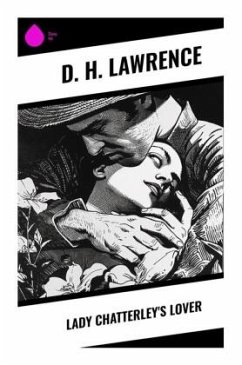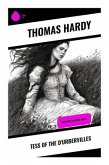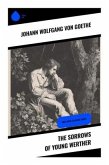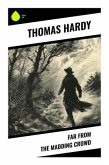D. H. Lawrence's "Lady Chatterley's Lover" is a seminal exploration of the interplay between sexuality, class, and the pursuit of authenticity in early 20th-century England. The narrative follows Constance Reid, or Lady Chatterley, as she embarks on a torrid romance with the gamekeeper, Oliver Mellors, offering a candid portrayal of physical intimacy that challenges the repressive societal norms of the time. With its lush, evocative prose and daringly candid depictions of desire, the novel represents a radical departure from the conventions of Victorian literature, embodying Lawrence's belief in the necessity of bodily experiences for true emotional connection and self-realization. D. H. Lawrence, a pivotal figure in modernist literature, infused his works with a deep concern for human relationships and the individual's quest for fulfillment. Born into a working-class family, his experiences informed his critique of the industrialized world and its impact on human intimacy. Lawrence's controversial views on sex, nature, and social stratification culminate in this novel, which was scandalously banned for its explicit content, yet remained a profound commentary on the constraints of societal norms and the search for personal authenticity. "Lady Chatterley's Lover" is essential reading for those intrigued by the complexities of human emotion and the societal constraints that shape our relationships. Lawrence's unapologetic pursuit of authenticity in love and life invites readers to reflect on their own experiences of passion and constraint, making it a timeless piece that resonates long after its last page is turned.
Bitte wählen Sie Ihr Anliegen aus.
Rechnungen
Retourenschein anfordern
Bestellstatus
Storno








